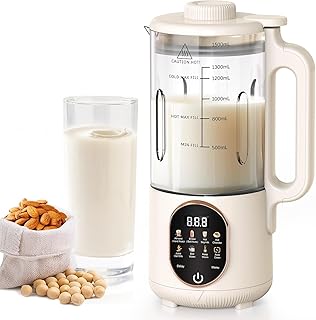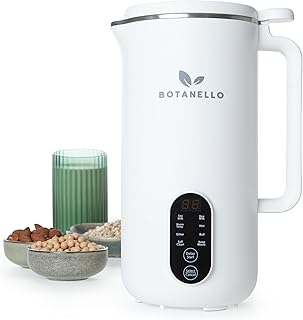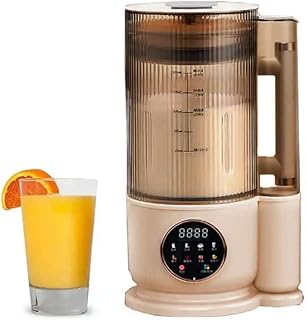The soy beverage market is experiencing a significant growth trajectory, with an estimated worth of USD 25,437.3 million in 2025, projected to reach USD 44,702.1 million by 2035, showcasing a CAGR of 5.8% over the period. Soy beverages are plant-based drinks made from soybeans, offering a lactose-free and nutrient-rich alternative to dairy milk. Rich in protein, isoflavones, and vitamins, soy drinks cater to various dietary needs, including vegan and plant-based diets.
The global landscape sees a consumer shift towards plant-based diets driven by health concerns, environmental sustainability, and ethical considerations. Soy beverages play a crucial role in this trend, offering versatile and nutritionally balanced options to compete with traditional dairy products. These beverages can be consumed as standalone drinks or used in cooking and baking, making them a versatile choice for consumers worldwide.
One of the key drivers of the soy beverage market is the increasing demand for plant-based alternatives due to health and environmental considerations. Compared to dairy production, soy-based beverages have a lower carbon footprint, require less water, and contribute to reduced greenhouse gas emissions, aligning with the sustainability goals of many consumers.
The market is witnessing a trend towards premiumization through culinary crossovers and exotic flavor profiles. Manufacturers are moving beyond traditional flavors to introduce innovative options inspired by global cuisines. Collaborations with mixologists and chefs are resulting in limited-edition soy beverages that blend culinary artistry with health-conscious innovation, catering to consumers looking for unique and indulgent products.
Functional blends targeting specific health outcomes are also gaining traction in the soy beverage market. These products incorporate active ingredients like adaptogens, probiotics, and botanical extracts to offer benefits such as stress relief, cognitive enhancement, and digestive health support. The demand for functional beverages is on the rise, especially in urban markets where consumers seek products that provide holistic health benefits.
Personalized nutrition is another emerging trend in the soy beverage market, driven by AI-driven formulations tailored to individual needs. Companies are leveraging AI and machine learning capabilities to create customized soy beverages that address specific health requirements, such as gut health improvement, blood sugar management, and immunity strengthening. This personalized approach enhances customer loyalty and engagement, appealing to health-conscious consumers seeking tailored products.
The competitive landscape of the soy beverage market is marked by innovation, product differentiation, and regional preferences. Tier 1 players include multinational companies with advanced manufacturing capabilities and extensive distribution networks. Tier 2 companies focus on regional markets and consumer preferences, while Tier 3 comprises small-scale producers targeting niche segments. The market is highly competitive, with companies leveraging unique flavors, fortified formulations, and functional offerings to cater to diverse consumer needs.
In conclusion, the soy beverage market is poised for significant growth from 2025 to 2035, driven by evolving consumer preferences, technological advancements, and the demand for functional and personalized nutrition. As the market continues to expand, companies will need to innovate and adapt to meet the changing needs of consumers worldwide.
📰 Related Articles
- Feminine Wipes Market Surges to USD 2.9 Billion by 2035
- Soy Lecithin Market to Reach $1.1 Billion by 2035
- Quantum Technology Market Surges Towards $100 Billion by 2035
- Global Soy Sauce Market to Reach 98 Billion USD by 2031
- Sustainable Shift: Glycol Monostearate Market Set to Reach USD 3,913.7 Million by 2035






